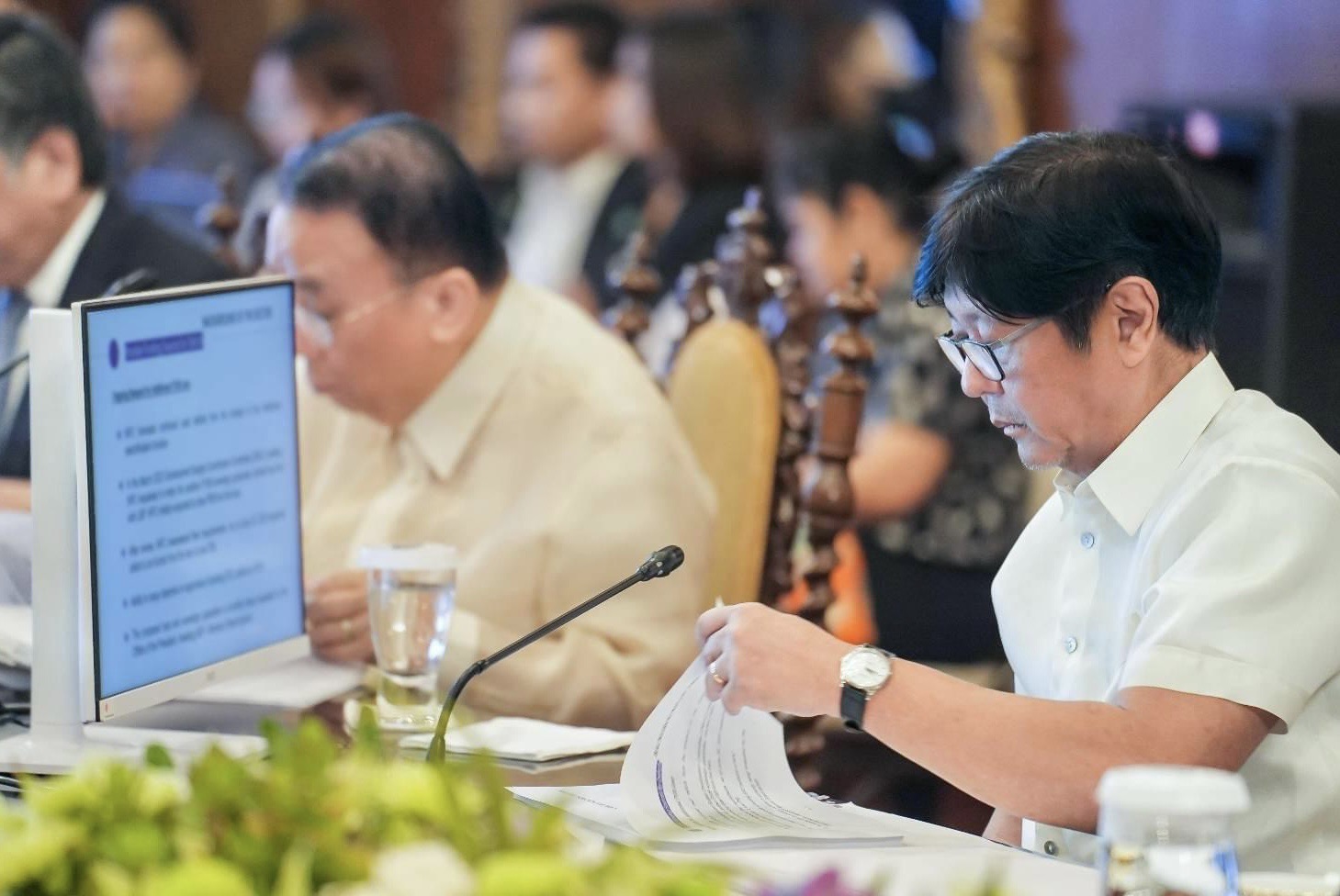Marcos OKs laws on veterans, MSMEs, cultural heritage
At A Glance
- RA No. 11958 aims to provide a monthly disability pension to a veteran who is disabled due to sickness, disease, wounds, or injuries sustained in the line of duty.
- RA No. 11960 aims to develop a self-reliant and independent national economy through policies and programs that drive inclusive local economic activity and boost national economic growth.
- RA No. 11961 strengthens the conservation and protection of Philippine culture heritage.
President Ferdinand “Bongbong” Marcos Jr. has approved three significant laws that aim to protect the welfare of disabled military veterans, improve the country’s business system, and strengthen the conservation and protection of Philippine cultural heritage.

In a statement, the Presidential Communications Office (PCO) said Executive Secretary Lucas Bersamin has already signed the transmittal letters to Senate President Juan Miguel Zubiri and Speaker Martin Romualdez on Aug. 24.
The letters, which will be transmitted on Aug. 29, will notify Congress regarding the approval of Republic Act (RA) Nos. 11958, 11960, and 11961.
The first law that Marcos approved was RA No. 11958, which rationalizes the disability pension of veterans. It aims to provide a monthly disability pension to a veteran who is disabled due to sickness, disease, wounds, or injuries sustained in the line of duty under the rates provided by the new law.
OTOP Philippines Act
RA No. 11960 titled, ‘An Act Institutionalizing the One Town, One Product (OTOP) Philippines Program, Appropriating Funds Therefor, and for Other Purposes,’ otherwise known as the OTOP Philippines Act, aims to develop a self-reliant and independent national economy effectively controlled by Filipinos through policies and programs that drive inclusive local economic activity and boost national economic growth.
It seeks to provide adequate and effective support services for local micro, small and medium enterprises (MSMEs) led by the Department of Trade and Industry (DTI) with the collaboration of various agencies such as the Cooperative Development Authority (CDA) and the Department of Agriculture (DA).
The Department of Information and Communications Technology (DICT), the Department of Interior and Local Government (DILG), the Department of Health (DOH), the Department of Science and Technology (DOST), and the Department of Tourism (DOT) are also members of the OTOP Management Committee.
Other agencies included are the Department of Transportation (DOTr), the National Economic and Development Authority (NEDA), the National Commission for Culture and the Arts (NCCA), the Philippine Information Agency (PIA), Philippine International Trading Corporation (PITC), and the Technical Education and Skills Development Authority (TESDA).
Cultural Heritage Development
Meanwhile, Marcos also approved RA No. 11961, which amends the National Culture Heritage Act of 2009.
This measure strengthens the conservation and protection of Philippine culture heritage through cultural mapping and enhanced cultural heritage education programs.